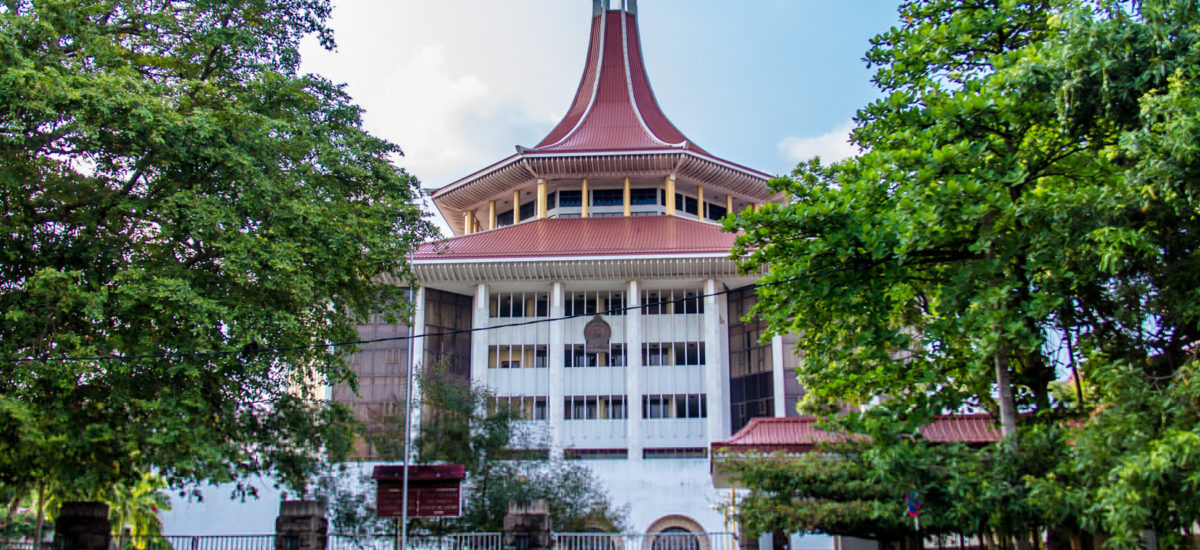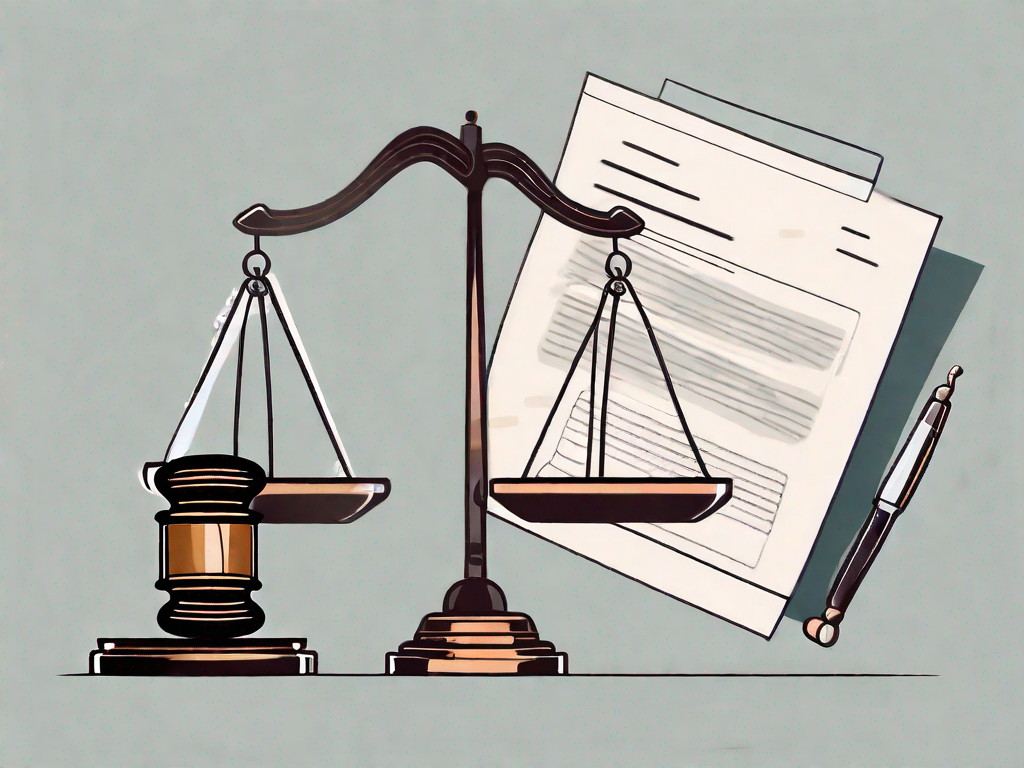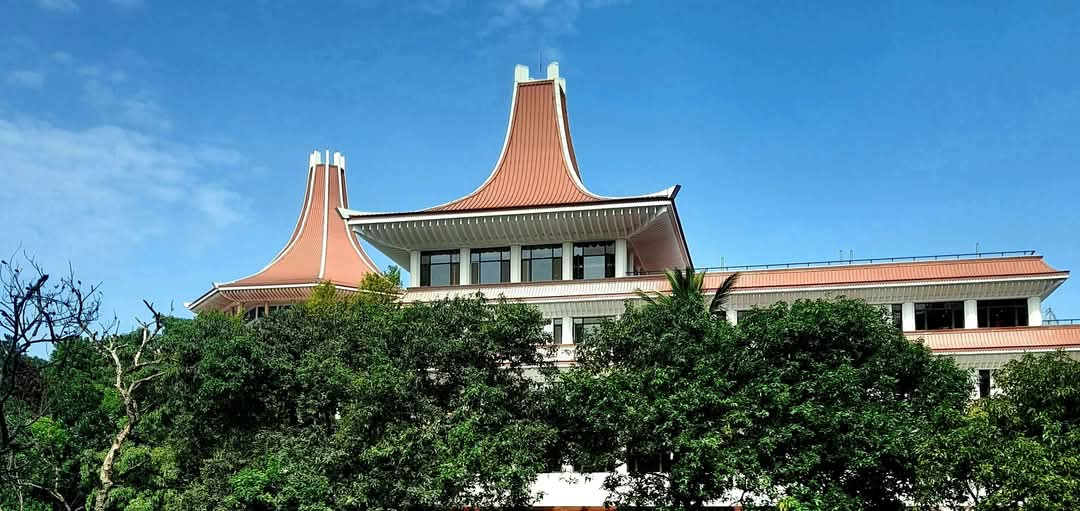The Supreme Court recently addressing retroactive penalties, acknowledged the origins of this principle in Lord Buddha’s Vinaya Pitaka. It noted that the Buddha, over 2,500 years ago, preached against applying laws retrospectively, emphasizing fairness and prospective justice. The Court affirmed the constitutional principle under Article 13(6), which protects individuals from retroactive punishment. Emphasizing that criminal …
SC Recognizes Lord Buddha’s Teachings on Retrospective Laws

- SC Overturns Magistrate’s ‘CrPC Sec. 17-Compensation Order’ for Breaching Retrospective Laws
- Criminal-Compensation Deemed Punitive and Subject to Article 13(6)
The Supreme Court recently addressing retroactive penalties, acknowledged the origins of this principle in Lord Buddha’s Vinaya Pitaka. It noted that the Buddha, over 2,500 years ago, preached against applying laws retrospectively, emphasizing fairness and prospective justice. The Court affirmed the constitutional principle under Article 13(6), which protects individuals from retroactive punishment. Emphasizing that criminal liability cannot be influenced by post-legislative changes, the Court underscored the definition of penalty as encompassing compensation ordered in criminal cases, making such orders subject to Article 13(6).
The case stemmed from an allegation of forgery committed on July 5, 1993, where two accused were prosecuted. After the trial, the Magistrate convicted them and, in September 2010, imposed a compensation order of Rs. 75,000 in favor of the complainant. However, this amount was based on the Code of Criminal Procedure (Amendment) Act, No. 14 of 2005, which came into effect after the offense had occurred.
Accused appealed, arguing that the Magistrate lacked authority to impose compensation beyond the legal limits applicable at the time of the offense and were of the view that such imposition is amount to a penalty or punishment/sentence. The High Court dismissed the appeal, leading the accused to escalate the matter to the Supreme Court.
The Supreme Court distinguished criminal compensation from civil remedies, highlighting that criminal compensation is punitive in nature and directly linked to the conviction of the accused. The Court observed that such compensation serves as a penal sanction, as its recovery mirrors that of fines, and imprisonment may follow in the event of default.
“…Though the object and purpose of an order for the payment of ‘compensation’ is to provide reparation to the victim of crime, it is punitive in nature, particularly as recovery of compensation can be carried out as if it were a ‘fine’, and since a default sentence of imprisonment can be ordered as a consequence of non-payment. Therefore, in this context, the term ‘penalty’ should be treated as a synonym for the term ‘punishment’…”
“…A consideration of the impact arising out of an order for the payment of compensation made under section 17(4) read with section 17(7) of the CCPA reveals clearly that it creates an undeniable obligation on the part of the accused found ‘guilty’ of having committed an offence to pay a sum of money to the victim of crime. Thus, the order for the payment of compensation creates a legally enforceable duty. In the circumstances, I find myself in vehement disagreement with the submission made by the learned DSG, that section 17 is ‘procedural law’ and not ‘substantive law’….”
“…I hold that for the purposes of Article 13(6) of the Constitution, since an order for the payment of ‘compensation’ is a form of a ‘punishment’, an order for the payment of ‘compensation’ under section 17(4) read with section 17(7) of the Code of Criminal Procedure Act amounts to the imposition of a ‘penalty’. Furthermore, I hold that, in the circumstances of this case, the imposition of the order dated 23rd September 2010 for the payment of compensation of seventy-five thousand rupees to the virtual complainant, was in contravention of Article 13(6) of the Constitution, since such amount was in excess of the amount of compensation a Magistrate was empowered to impose (under the original section 17(7) of the CCPA) at the time the offence was committed…” – Justice Yasantha Kodagoda PC
Jutice Yasantha Kodagoda PC also reiterated the long-standing principle against retrospective laws, tracing its roots to Lord Buddha’s teachings in the Vinaya Pitaka. It cited historical precedents from Roman and English law, affirming that laws governing punishment are presumed to operate prospectively unless explicitly stated otherwise.
“The Buddha had preached that these Vinaya (disciplinary) Rules were to be enforced, and wrongdoer monks should be punished according to the law stated in the corresponding Rule which prohibits the relevant wrongdoing. However, such Rules were not to be enforced against the Aadikammika (the wrongdoer monk whose unethical or wrongful conduct resulted in the Buddha promulgating the corresponding Vinaya Rule), and should be enforced only against monks who on future occasions violate the prohibition contained in the relevant Vinaya rule……..Justice Grero highlights that none of the Vinaya Rules fall within the category of retrospective laws. Thus, it appears that according to Buddhist historical literature, Lord Buddha was the first to recognise the principle against retroactivity of criminal laws, and had declared that his laws relating to Monks (Vinaya Rules) be enforced only prospectively….” – Justice Yasantha Kodagoda PC
“…What Article 13(6) of the Constitution seeks to achieve is to confer a fundamental right which serves as a protection against retroactive or ex post facto application of criminal laws. It is to ensure that, a person is subject to criminal justice measures only if the impugned conduct constituted an offence at the time the alleged conduct or illegal omission took place (first part of Article 13(6) – Nullum crimen sine lege), and that he is punished (penal sanctions imposed) only to the extent such punishment had been prescribed by law at the time the offence was committed (second part of Article 13(6) – Nulla poena sine lege). That is how Article 13(6) seeks to confer protection against retroactive application of criminal laws. [As the proviso to Article 13(6) shows, there is a well-recognised exception to this principle.]…” – Justice Yasantha Kodagoda PC
Case No: SC Appeal No. 87/2014 [Decided on 10.10.2024]
Before: Jayantha Jayasuriya, PC, CJ Yasantha Kodagoda, PC, J Mahinda Samayawardena, J






